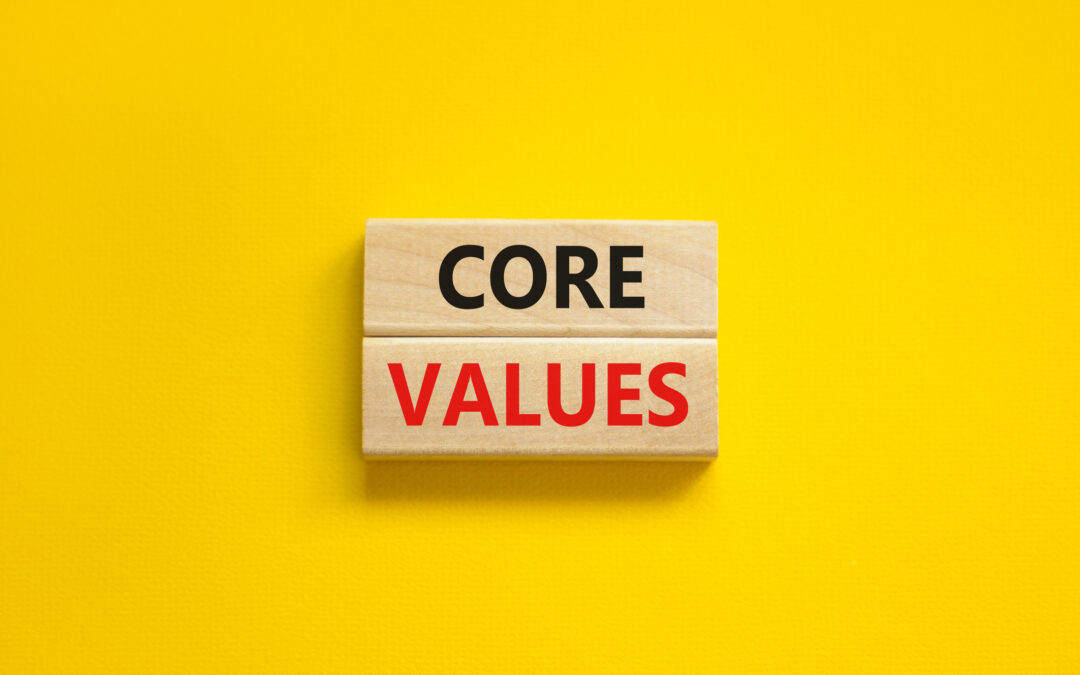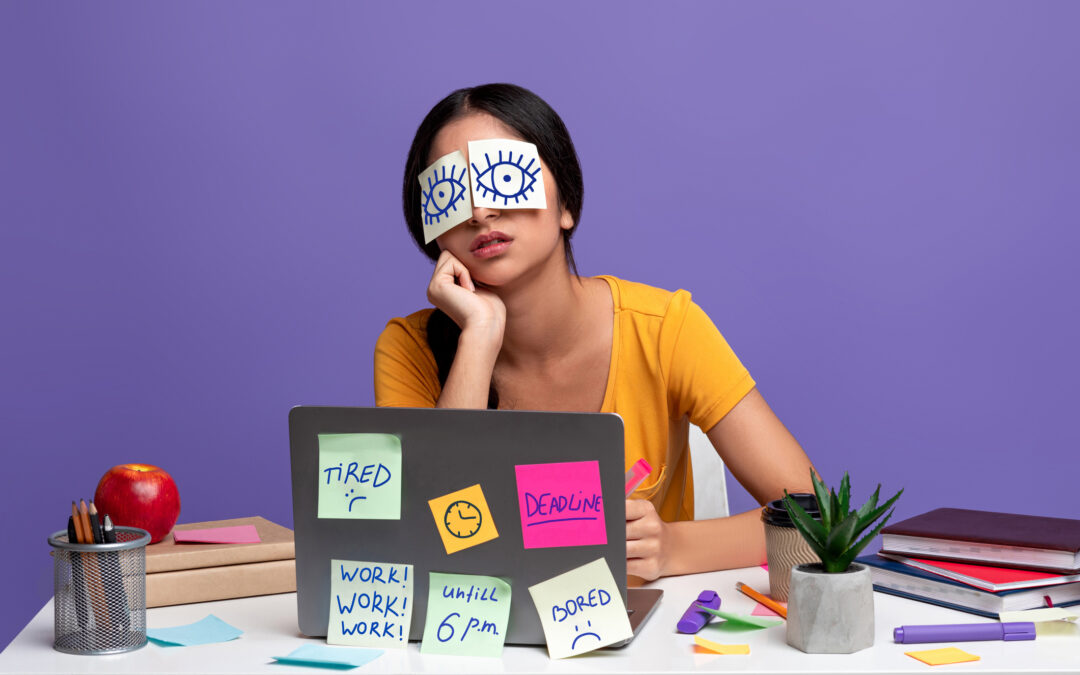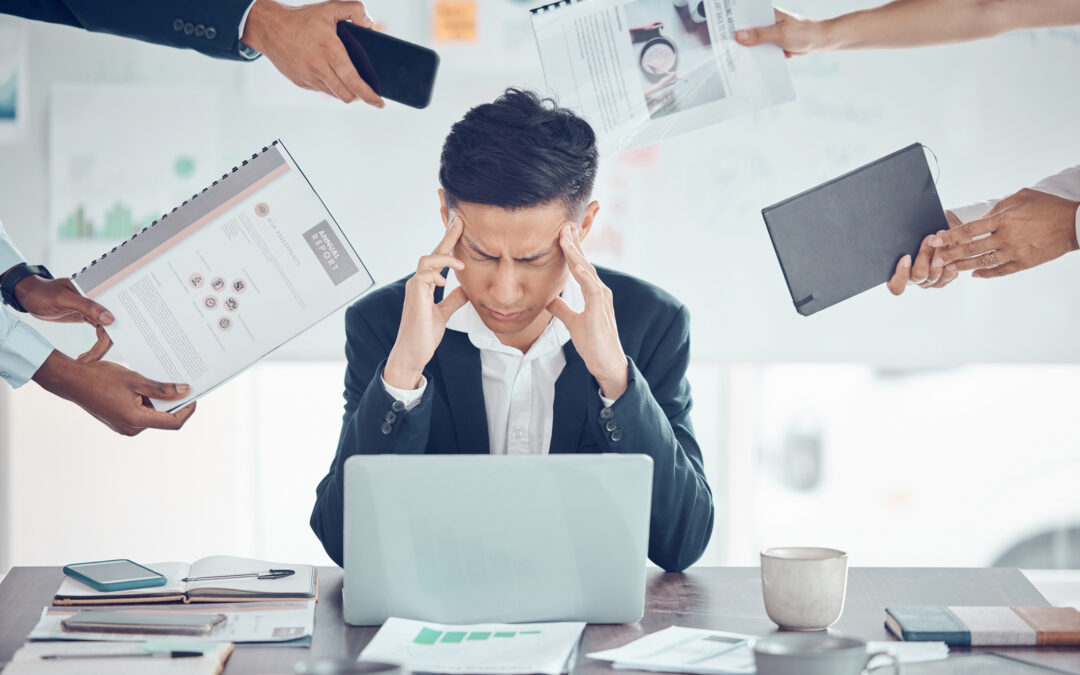In today’s fast-paced world, the pressure to excel professionally often comes at the cost of our mental and physical well-being. Anxiety, a common companion in this journey, can lead to burnout if left unchecked. Burnout is not merely feeling tired or stressed; it’s a state of emotional, physical, and mental exhaustion caused by prolonged stress or excessive workload. As a mental health counselor, I’ve witnessed firsthand the detrimental effects of burnout on individuals’ lives. In this article, we’ll explore the risk factors for burnout, examine how our work-obsessed culture contributes to it, and discuss five essential strategies for finding balance and preventing burnout.
Understanding Burnout: Recognizing the Signs
Anxiety often serves as a precursor to burnout, signaling that something isn’t right. Persistent feelings of overwhelm, exhaustion, and cynicism towards work are typical signs. Physical symptoms like headaches, sleep disturbances, and digestive issues may also manifest. Ignoring these signs can exacerbate anxiety and lead to burnout.
The Impact of Capitalistic Culture
Our society often glorifies overwork and equates self-worth with productivity. This relentless pursuit of success can foster a toxic work environment, perpetuating anxiety and stress. The pressure to constantly perform and meet unrealistic expectations fuels the cycle of burnout. As a result, individuals may neglect their well-being in favor of career advancement, inadvertently sacrificing their mental health in the process.
Risk Factors for Burnout
Several factors increase the likelihood of experiencing burnout:
- High Workload: Excessive demands and tight deadlines can overwhelm individuals, contributing to anxiety and burnout.
- Lack of Control: Feeling powerless or micromanaged at work can amplify feelings of anxiety and stress.
- Poor Work-Life Balance: Difficulty disconnecting from work and maintaining boundaries between professional and personal life can lead to chronic stress.
- Lack of Social Support: Isolation and a lack of supportive relationships can exacerbate feelings of anxiety and burnout.
- Perfectionism: Striving for unattainable standards can create undue pressure and contribute to anxiety and burnout.
- Compulsive Tech Checking: Compulsively phone or email checking often coincides with work-related anxiety.
Strategies for Finding Balance
- Set Boundaries: Establish clear boundaries between work and personal life. Designate specific times for work-related tasks and prioritize self-care activities outside of work hours. Reassess your relationship with technology and take intentional tech breaks.
- Practice Self-Care: Prioritize activities that promote relaxation and rejuvenation, such as mindfulness, meditation, hobbies, and spending time with loved ones.
- Seek Support: Cultivate a strong support network of friends, family, or colleagues who can offer encouragement and understanding during challenging times.
- Manage Time Effectively: Break tasks into manageable chunks, prioritize responsibilities, and delegate when possible. Avoid overcommitting and learn to say no when necessary.
- Cultivate Resilience: Develop coping strategies to manage stress and adversity effectively. Build resilience through practices like positive self-talk and reframing challenges as opportunities for growth.
Recognizing the Need for a Leave
Sometimes, despite our best efforts to prevent burnout, it becomes clear that a break from work is necessary for our well-being. Signs that you may need to take a leave include persistent physical symptoms, such as chronic headaches or digestive issues, worsening anxiety or depression, and difficulty concentrating or making decisions. If you find that your work performance is suffering, or if you’re experiencing frequent conflicts with colleagues or clients, it may be time to prioritize your mental health and take a step back from work.
Nurturing Well-Being in a Competitive World
In a society that often prioritizes productivity over well-being, it’s essential to prioritize self-care and establish boundaries to prevent burnout. By recognizing the signs of anxiety and taking proactive steps to address them, individuals can cultivate a healthier relationship with work and find balance in their lives. Remember, your worth is not defined by your productivity, and prioritizing your well-being is not selfish—it’s necessary for sustainable success and fulfillment. So, take a moment to pause, breathe, and nurture your mental health. Your future self will thank you for it.
If you’re looking for a counselor to help you find work/life balance, contact us today to schedule an appointment.

What is your “Why”? Core Values Exercises for Anxiety Resiliency
Anxiety often prompts us to steer clear of situations that trigger fear, causing many to shrink their lives to avoid such triggers. However, understanding and embracing our core values can provide a light through the darkness of anxiety and help us reconnect with a...

Mindfulness Mastery: Your Ultimate Weapon Against Depression
Depression can feel like a heavy cloud hanging over your life, making it difficult to find joy or motivation. While therapy and medication are valuable tools in treating depression, incorporating mindfulness skills into your daily routine can offer additional support...

Journaling and Mental Health
If you have ever had a conversation with your therapist about coping skill development, you have probably received a recommendation to begin a journaling practice. Understandably, sometimes journaling is met with skepticism - What does writing about my emotions solve,...

Contamination Fears In a Contaminated World: What’s Appropriate And What’s Compulsive?
Covid, Measles outbreaks, Mokeypox- it can feel overwhelming to manage the constant barrage of new threats. For most people, a significant behavioral change is needed to ensure safety, but for people with OCD or health anxiety, where do you draw the line? What are...

Life Hacks For When Everything Feels Hard
Mental health challenges like depression, anxiety, and ADHD can make for difficult days. Ideally, with the right combination of therapy, coping skills, or medication, there won’t be so many hard days. But sometimes we hit a rough patch or experience a stressor or...

